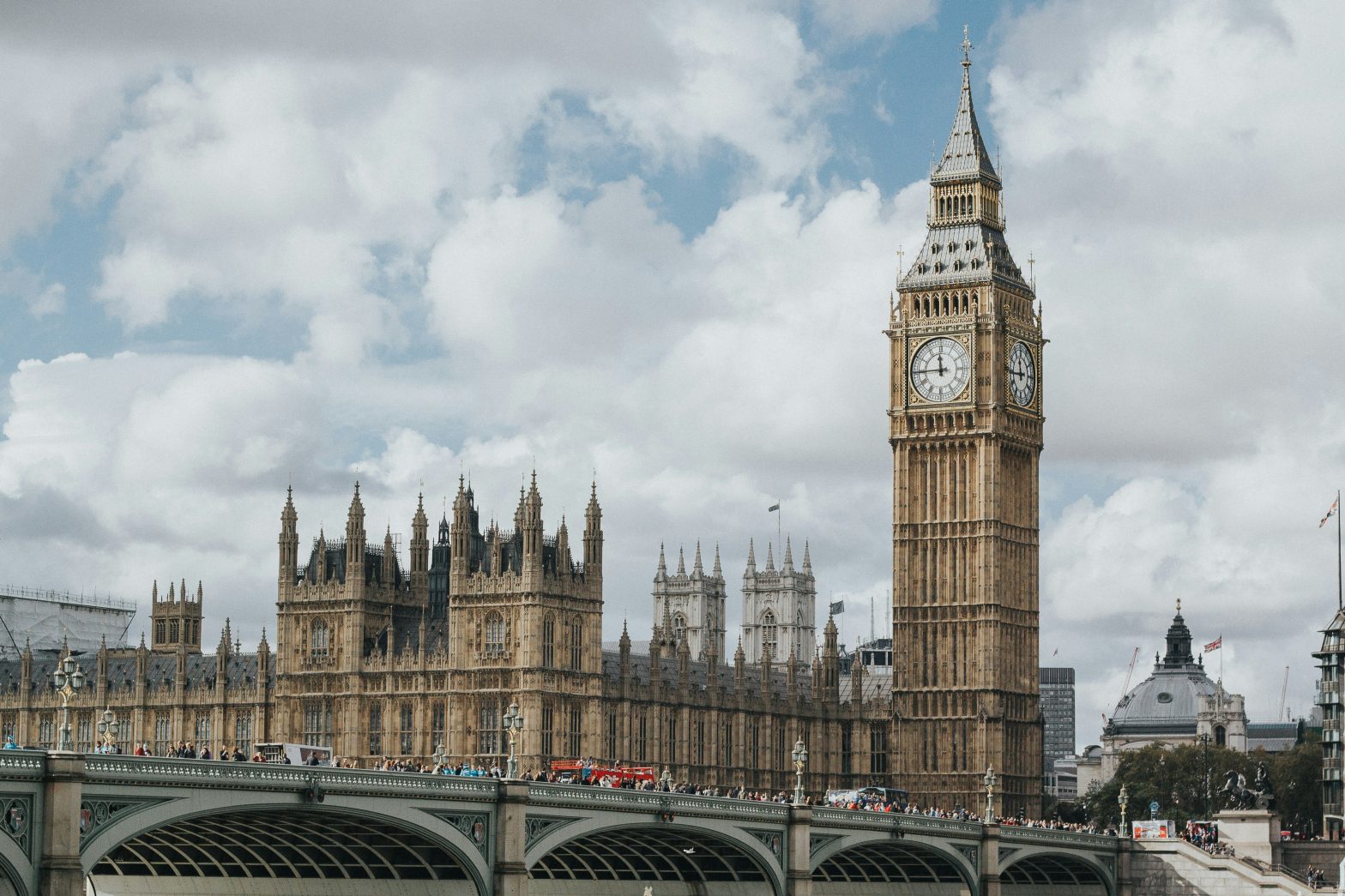On the 25th of April 2024, the contentious Safety of Rwanda (Asylum and Immigration) Bill, received Royal Assent and became law. The passing of this bill marks a big step forward for the UK government’s plans to remove asylum seekers to their chosen third country, Rwanda. The government has announced that the preparatory stages of this plan have been established to ensure the first flight to Rwanda will happen in July 2024, with more flights set to follow. Let’s take a look at the Safety of Rwanda Bill and its legal consequences.

The Bill’s passing highlights the government’s ambitious endeavour to vastly reduce immigration figures, while the twists and turns of the Rwanda Deal over the past two years may foreshadow hurdles that the implementation of the bill will encounter.
What is the Rwanda Deal?
First, let’s just recap the Rwanda deal. On 13th April 2022, former Home Secretary Dame Priti Patel announced a 5-year plan for an asylum partnership arrangement between the government of the United Kingdom and the government of the Republic of Rwanda. The plan aimed to tackle the issue of small boats crossing the Channel by outsourcing the asylum processing offshore. Boris Johnson, the previous prime minister opined that this scheme would break the business model of ‘vile people smugglers’ and ‘save countless lives’.
The first deportation flight with 7 passengers to Rwanda was arranged on 14th June 2022. The European Court of Human Rights stepped in last minute to grant an urgent interim measure regarding an Iraqi national on the flight. This decision allowed the remaining six individuals to appeal against their removal orders, seeking to have them revoked. The UK challenged this ECtHR ruling and eventually, the appeal was dismissed. The Supreme Court upheld the decision of the Court of Appeal on 15th November 2023, on the grounds that Rwanda is not a safe country, and it would be unlawful for refugees to be removed there.
Twists and Turns of the Rwanda Bill
The UK government did not just stop here. Shortly after the decision of the Supreme Court, the government published an emergency bill declaring Rwanda a safe country, showing their determination to push its migrant deportation scheme to a further step in defiance of the courts. This is an attempt by the UK government to legislate a declaration regarding the facts that are not found by the court.
Many consider the Safety of Rwanda (Asylum and Immigration) Bill itself to be a direct response from the government to the UK Supreme Court’s decision in November 2023, which held that Rwanda is not a safe country for asylum seekers due to the risk of refoulement, poor human rights records, and lack of judicial independence. The government defiantly introduced this bill as a means of preventing legal challenges that were placed from stopping or delaying a person’s removal to Rwanda.
After two years of wrangling, the bill designed to prevent small boat crossings in the English Channel finally became law. Tragically, only a few hours after the passing of the Rwanda Bill, French officials stated five people, including a seven-year-old girl, were found dead while trying to cross the English Channel on an overloaded boat with 122 migrants. Two people have now been arrested.
Migration Milestone
The passing of the bill is seen by the government as symbolic of the UK Parliament’s sovereignty and ensures that international law shall leave the Act of Parliament unaffected.
This new law was built upon the treaty between the government of the UK and Rwanda, and is one of the toughest pieces of immigration legislation introduced by the UK government. It confirms that Rwanda is safe on general ground, disapplies much of the Human Rights Act 1998 and holds that only a Minister of the Crown can decide whether to comply with the interim remedies issued by the ECtHR. The law leaves a narrow margin for individuals to challenge their removal decision and ensure the courts interprets the law in agreement with the will of Parliament.
The government has taken steady measures to ensure the operation of the plan. It increased the detention spaces to 2,200 and has 200 well-trained caseworkers and 25 courtrooms to process the claims timely and decisively, with around 800 trained individuals ready to assist the escort.
Once implemented, the Safety of Rwanda (Asylum and Immigration) Bill will entail the immediate deportation of asylum seekers to Rwanda upon their asylum claim and they will not be able to return to the UK. It will also significantly curtail the ability of asylum seekers to challenge their decisions of removal considering the UK has legislated to declare Rwanda as a safe country to protect asylum seekers.
Moreover, it gives no room for the courts to have further doubt about Rwanda’s safety, with or without any evidence.
Step back from the rule of law
Vice-president of the Law Society Richard Atkinson believes this Rwanda Bill is a defective, constitutionally improper piece of legislation. It is disappointing to see that the sensible Lords amendments are ignored. He condemned this bill as a backward step from the rule of law, it sabotages the UK’s constitutional balance and limits access to justice.
The United Nations also expressed their worry given that this legislation empowered the UK government to disregard any protective remedies from the ECtHR. Such precedent lays a further departure of the UK from fulfilling its obligations to Refugee Conventions.
Nevertheless, this bill is not completely bulletproof. While Section 3 of the Human Rights Act 1998 disallows much of its application, Section 4 preserves an option to seek a declaration of incompatibility. This declaration, while not binding, holds political and moral weight and can potentially pave the way for further legal action in ECtHR.
Additionally, when the decision breaches an individual’s ECHR rights, recourse to the ECtHR provides an alternative avenue for challenging the Act’s compliance with ECHR rights. The ECtHR’s independent assessment is not bound by UK legislation or presumptions regarding Rwanda’s safety. However, Sunak stated no ‘foreign court’ will prevent flights from taking off. This would undoubtedly place the UK and the Strasbourg courts in confrontation.
Have questions? Get in touch today!
Call us on 020 7928 0276, phone calls are operating as usual and we will be taking calls from 9:30am to 6:00pm.
Email us on info@lisaslaw.co.uk.
Use the Ask Lisa function on our website. Simply enter your details and leave a message, we will get right back to you: https://lisaslaw.co.uk/ask-question/
For more updates, follow us on our social media platforms! You can find them all on our Linktree right here.




